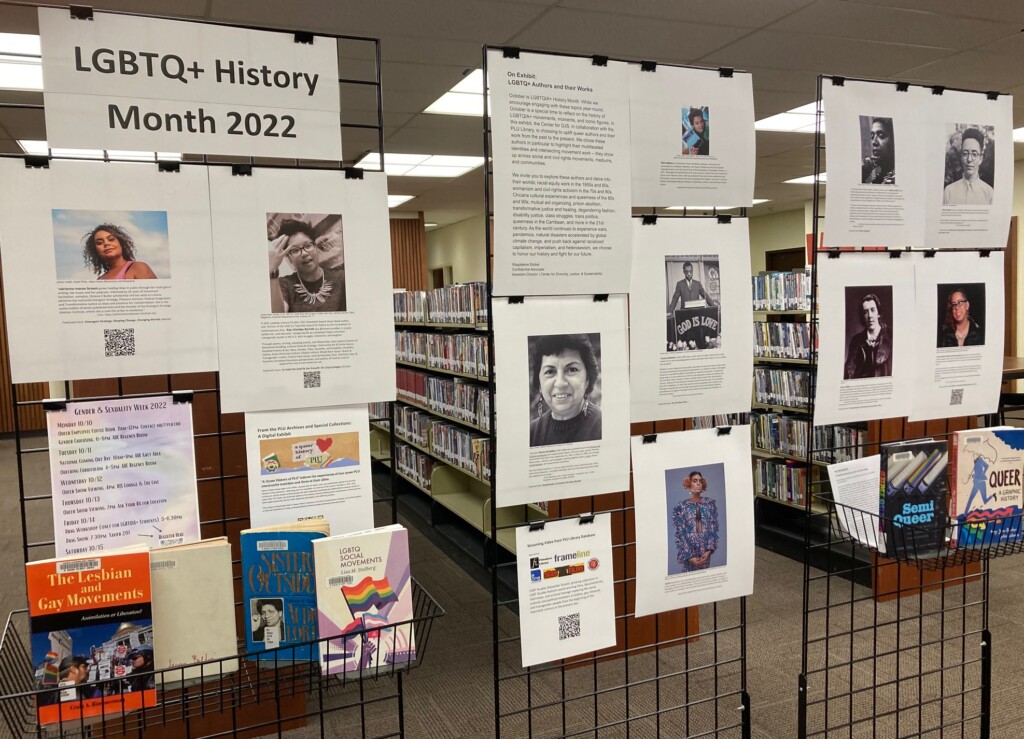Page 87 • (2,859 results in 0.033 seconds)
-
members, and organizations, students will gain understanding of local and regional Latino histories and lived, daily experiences. 5) Throughout their course of study, students will develop critical powers of observation and strengthen their ability to think, write and act. By engaging in thoughtful dialogue about issues of race, ethnicity, class, gender, language, and multiple categories of human diversity, students will be challenged to examine their own places of enunciation, reflect on what to do
-
Major in Hispanic Studies A minimum of 36 semester hours beyond HISP 102, including: Language and Composition 4-12 semester hours of Spanish language and critical writing for second language or heritage learners. Students with prior background in Spanish should consult the Language Placement Guide for a recommendation on the appropriate level to start their studies. HISP 201 (4) HISP 202 or 252 (4) HISP 301 or 351 (4) Introduction to Literary and Cultural Studies 12 semester hours HISP 321
-
the institution A cultural resource in the larger community of which we are a part A participant in the critical dialog that characterizes a liberal arts institution A significant performance outlet, sponsor and promoter for new and under-performed orchestral literature We share with other large ensembles the method of making music as a community of artists and students. Equal in importance to the production of our musical performance is the process of cooperation in pursuit of a common
-

Angenette P. Call Program Manager for Partnerships and Professional Development she/her/ella Email: apc@plu.edu Office Location: Hauge Administration Building - 121 Status:Working Hybrid Professional Biography Education M.S., Management and Leadership, Western Governors University, 2018 B.A., Liberal Arts, Utah State University, 2000 Professional Memberships/Organizations NASPA - Student Affairs Administrators in Higher Education Association of Washington International Student Affairs Biography
Contact Information -
Paid Summer Research Program for Undergraduate Students Posted by: nicolacs / October 20, 2023 October 20, 2023 Starting Summer 2024, the Division of Biostatistics at the University of Minnesota, in collaboration with the Masonic Institute for the Developing Brain, will be hosting a 10-week Summer Research Experience for Undergraduates (REU), called Equitable Data Science in Adolescent Development. This 10-week REU is a paid, full-time position designed to give undergraduate students hands-on
-

thinking of anti-trans movements, white nationalist movements, etc. So in my classes, I think it’s important to connect those kinds of dots and consider how violence is compounded across different identities. It’s all about thinking about intersections. That sounds like a great discernment approach for news and social media engagement as well. I think so. One thing that students — and all of us — can ask ourselves is what kind of information am I consuming? I find that when students are asked to
-
are typically 6-8 years in length. They are organized to give students strong theoretical and methodological training. Students spend a significant amount of their time in a doctoral program pursuing independent research projects; any student thinking about pursuing a Ph.D. should have a strong interest in academic research. Students spend the first 3-4 years of the Ph.D. program satisfying course requirements, writing the thesis (usually defending the thesis at the end of the 2nd year), and
-

Work (Springer Publishing 2022) : View Book Selected Articles Keller, J., McKenney, R., Russell, K. & Zylstra, J. "The power of place: University-community partnership in the development of an urban immersion semester in Sobania, N. W. (ed)." Putting the local in global education: Models for transformative learning through domestic off-campus programs 2015: Stylus Press. Keller, J., Stevens, C., Tashiro, C. & Laakso, J. "Sustainability of ethnically diverse HOPE VI redevelopments: A community case
Contact InformationArea of Emphasis/Expertise -
systemic barriers to STEM education for Latinx students. On the one hand, I will discuss the barriers present in the United States school system and how they impact students from kindergarten through college. On the other, I examine ways to combat them through pedagogies and inclusive practices for teachers. Using this research, and a Critical Race Theory approach, I created a first-year course syllabus for a cohort of Latinx STEM-intended majors at a Hispanic-Serving Institution. Ultimately I argue
-

woman.”” “She was an activist-author who never shied away from difficult subjects, but instead, embraced them in all their complexity. Lorde was a critic of second-wave feminism, helmed by white, middle-class women, and wrote that gender oppression was not inseparable from other oppressive systems like racism, classism and homophobia. She has made lasting contributions in the fields of feminist theory, critical race studies and queer theory through her pedagogy and writing.” – from https
Do you have any feedback for us? If so, feel free to use our Feedback Form.


